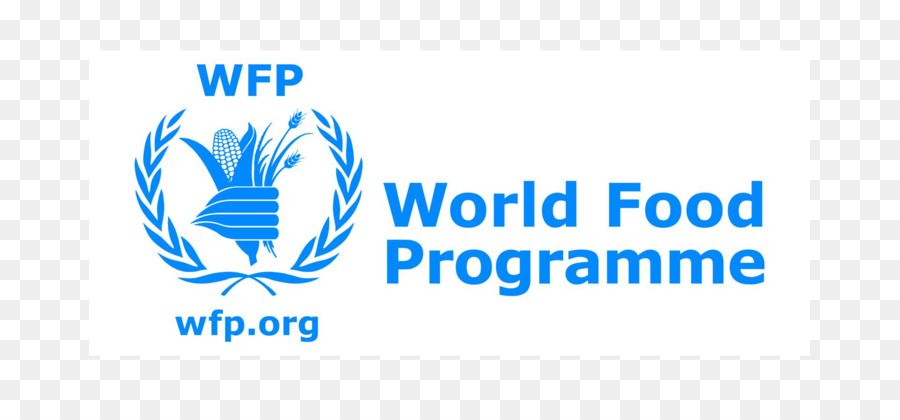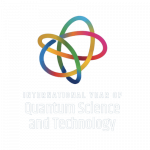Food Security - Last Mile Delivery
Quantum computing optimisation of the food supply chain, in particular in the route planning of food delivery in underserved regions impacted by climate change or other crises.
OWNER

STATUS
Phase 2 – Full Proposal
QUANTUM APPROACH
Optimisation
SDGs
CONTRIBUTORS
QWorld
QAI Fondation
Hassan II University of Casablanca
Yale University
World Food Program (WFP)
ORIRGIN OF CONTRIIBUTORS



CONTECT/IMPACT:
Last-mile delivery, the problem of delivering food directly to a retailer or customer, is considered the most complex, costly, and inefficient part of the food supply chain. Worldwide, 2.33 billion people lack regular access to sufficient nutritious food, of which 864 million are prone to periodically run out of food. Despite widespread food insecurity, one-third of the global food supply post-harvest goes to waste. Nearly 40% of this food waste is accounted for by the supply chain connecting producers and retailers. Inefficiencies in logistics can also lead to excessive emissions and air pollution, which have many negative consequences, including health issues. In less developed countries, where road logistics is not as ubiquitous as in developed countries, there can be many negative consequences due to the impact on air quality and climate.
HOW COULD QUANTUM HELP:
A fundamental challenge in logistics is determining how to optimally make a set of deliveries with a set of vehicles, which is also known as the Vehicle Routing Problem (VRP). VRP and its variants are NP-Hard, which means that it is unlikely that there exist fast (polynomial-time) algorithms that find optimal solutions in all cases. As a result, most practical solvers either employ heuristics or are carefully tailored to the given problem. Some modern approaches use machine learning techniques, but these methods are limited by the computational cost of dataset generation and training. A quantum approach could present an alternative to explore an efficient, scalable, and accessible solution for removing waste from food delivery systems across the world.




